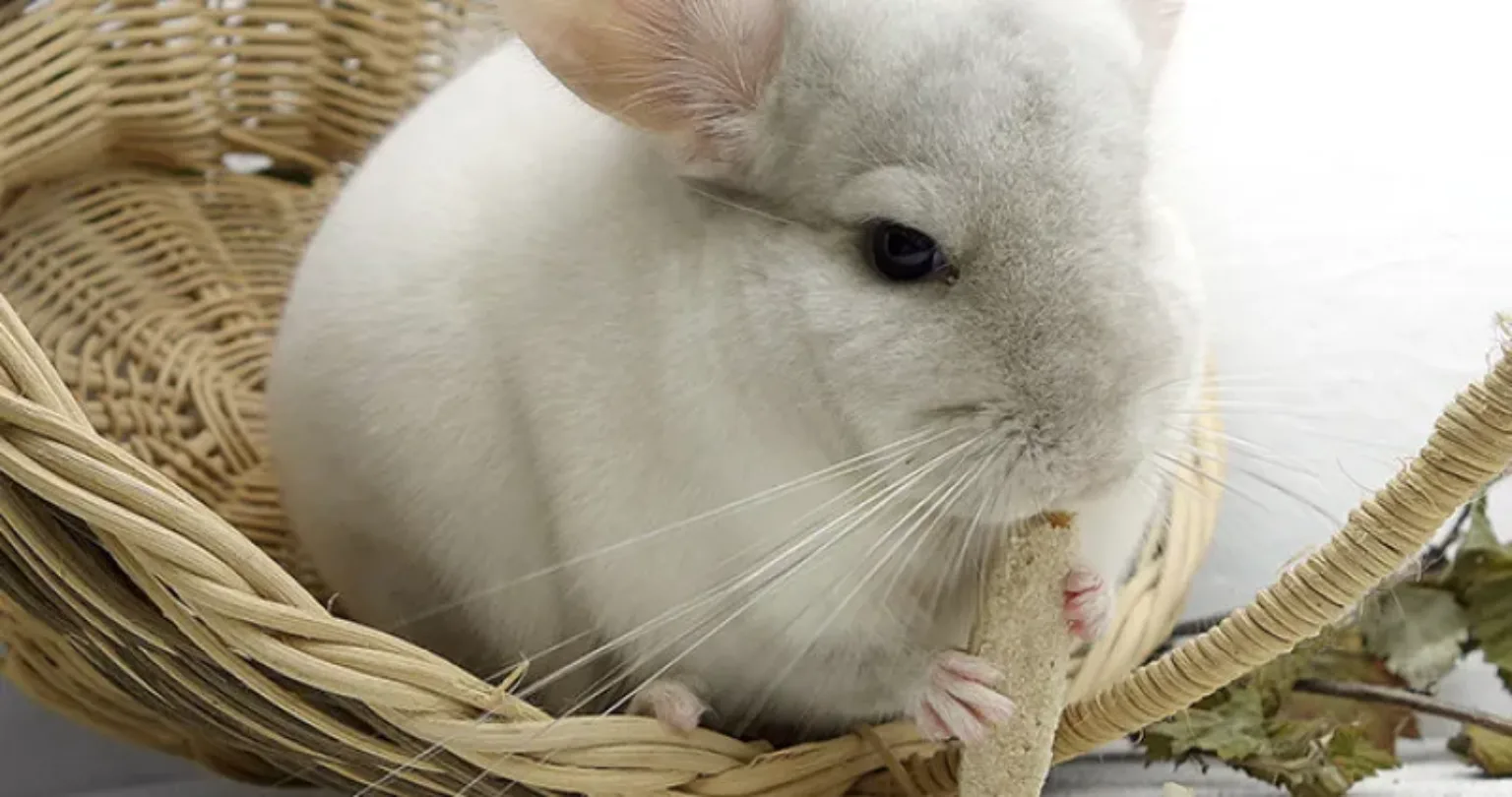When it comes to pets, we've all got questions
Ever feel like your pet is from another planet?

Chinchillas can live for between 12 and 20 years – and during their lives they may suffer a few health concerns.
Make sure you find a chinchilla-friendly vet who has experience with them – and be prepared for unexpected vet bills if you don’t have insurance.
Chinchillas can be prone to dental problems. Unless they have inherited them from their parents, dental problems are usually due to a poor diet or even an inappropriate environment.
You will only be able to easily see your chinchilas’ front set of teeth, known as the incisors. These should be dark orange in colour. The top and bottom set should meet nicely, be level and not at an angle.
If you spot any of these signs, your chinchilla could have dental problems. Contact your vet if you have any concerns:
Chinchillas can be prone to becoming overweight. This is often due to being overfed and a lack of exercise. Try to avoid treats that are high in sugar, including pet shop treats like chew sticks. Surprisingly, many fruits are also unsuitable – avoid raisins, sunflower seeds and nuts or give them in small amounts.
Encourage your chinchillas to forage rather than sit and overeat from their bowl. Hide healthy treats around their cage, and place hay in paper bags and in plant pots in the cage too. Safe free-range time in a chinchilla-proof room will also help your chinchillas stay fit.
Sudden weight loss can be a sign of serious health conditions like dental disease or stress. If you notice any sudden changes in your chinchillas’ eating habits or weight, contact your vet.
Chinchillas love to explore and move quickly. However, if the environment is not safe for them, they can get seriously injured.
Furnish your chinchillas’ cage with fun activities to keep them occupied. Avoid any items that could trap their legs or they could become tangled up in. If you notice any change in your chinchillas’ movements or swellings in their legs, talk to your vet.
Chinchillas are known for their beautiful thick coat, which is very soft and dense. Your chinchillas will go through a moult every three to four months, typically starting from their head and working its way down. This gives their coat a wavy appearance as the new fur grows through.
Handle your chinchillas slowly and avoid surprises as this can cause fur slip. This is when your chinchilla releases a clump of their fur to loosen your grip and escape. Although it does not harm them and the fur will regrow, it can be very stressful and is a response to fear.